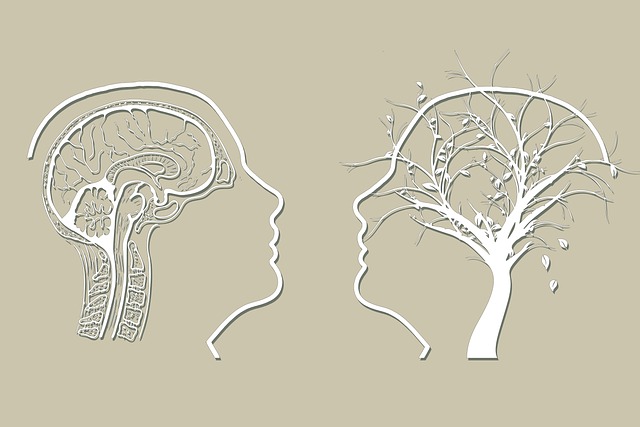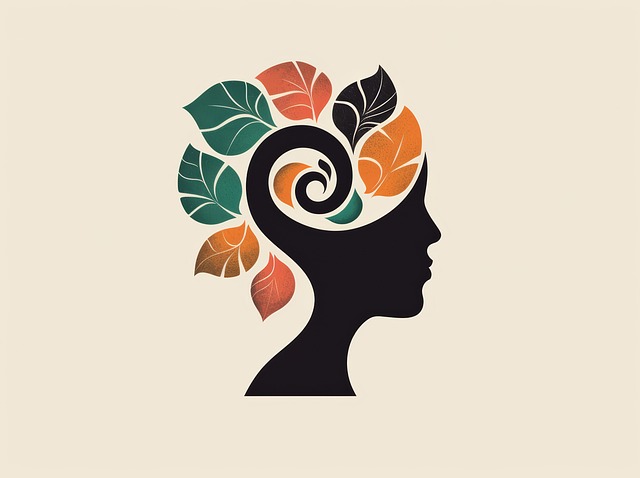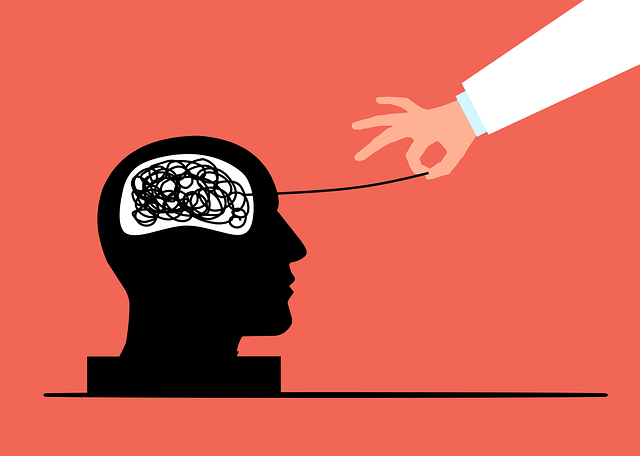Emotional intelligence (EI or EQ) is a powerful tool for personal growth and relationship building, as demonstrated by therapies like Highlands Ranch Divorce Therapy. By improving emotional expression and communication, EI enhances therapy outcomes, boosts resilience to everyday challenges, and aids in managing stress, resolving conflicts, and maintaining healthy relationships. A holistic approach to mental health education that incorporates EI is key to higher life satisfaction. Building EI involves strategies like self-reflection and mindfulness practices, with professional support from therapists offering Highlands Ranch Divorce Therapy. Open conversations about mental health reduce stigma, encouraging help-seeking. This therapy provides a supportive environment for post-divorce emotional healing, stress management, and building healthier relationships.
Emotional intelligence (EI) is a powerful tool for navigating life’s complexities, especially during challenging times like divorce. In this article, we explore the profound impact of EI on relationships and its potential to transform lives. We’ll uncover practical strategies for enhancing EI in daily interactions and delve into the therapeutic benefits of Highlands Ranch Divorce Therapy, offering a supportive environment to build emotional intelligence post-divorce. By understanding and cultivating EI, individuals can foster healthier connections and lead more fulfilling lives.
- Understanding Emotional Intelligence and its Impact on Relationships
- Strategies for Enhancing Emotional Intelligence in Daily Life
- The Role of Therapy in Building Emotional Intelligence after Divorce
Understanding Emotional Intelligence and its Impact on Relationships

Emotional intelligence (EQ) is the ability to recognize, understand, and manage one’s own emotions, as well as empathize with others’ feelings. It plays a pivotal role in our personal and professional lives, but its impact is particularly profound on relationships. In Highlands Ranch Divorce Therapy, for instance, EQ can significantly enhance the therapeutic process by fostering deeper connections between clients and therapists. By recognizing and expressing their emotions in a healthy way, individuals can navigate complex emotional landscapes more effectively, leading to improved communication and stronger bonds.
High levels of EQ promote resilience building, which is crucial not just for navigating therapy but also for managing everyday challenges. Mental health education programs designed with an emphasis on EQ help individuals develop confidence boosting strategies that enable them to handle stress, resolve conflicts constructively, and maintain healthy relationships. This holistic approach to mental health education recognizes the intricate link between emotional well-being and overall life satisfaction, ultimately contributing to a more fulfilling and connected existence.
Strategies for Enhancing Emotional Intelligence in Daily Life

Building emotional intelligence is a vital skill for anyone looking to enhance their personal and professional relationships. In the fast-paced world we live in, understanding and managing our emotions effectively can seem challenging. However, there are practical strategies that can help you develop this crucial aspect of your life. One effective approach is to engage in regular self-reflection, taking time each day to consider your feelings and how they impact your interactions. This practice fosters a deeper awareness of emotional triggers and helps individuals respond mindfully rather than reacting impulsively.
Additionally, seeking support from professionals like those offering Highlands Ranch Divorce Therapy can provide valuable guidance. These specialists can help individuals navigate complex emotions associated with life transitions or challenges, such as divorce. Incorporating activities that promote mindfulness, like meditation or yoga, also contributes to emotional intelligence by teaching the art of staying present and regulating responses. Moreover, engaging in open conversations about mental health, through initiatives like Mental Health Policy Analysis and Advocacy and Mental Health Awareness campaigns, helps reduce stigma, encouraging individuals to seek help when needed.
The Role of Therapy in Building Emotional Intelligence after Divorce

After a divorce, navigating the complexities of emotional intelligence can be challenging. Highlands Ranch Divorce Therapy offers a safe and supportive space for individuals to process their feelings and gain valuable insights. Through therapy sessions, clients learn to identify and manage their emotions effectively, which is crucial for healing and personal growth post-divorce. This process involves exploring past traumas, cultivating self-awareness, and developing coping strategies tailored to their unique experiences.
Therapy plays a pivotal role in enhancing emotional intelligence by providing tools for stress management. By addressing underlying issues and improving communication skills, individuals can better understand themselves and others, fostering healthier relationships. Moreover, trauma support services within these therapy settings are instrumental in depression prevention, as they help clients process painful emotions and rebuild their sense of self, ensuring a more resilient future.
Emotional intelligence (EI) is a powerful tool for navigating life’s complexities, especially after significant events like divorce. As discussed, understanding and managing emotions, both one’s own and others’, significantly impacts relationships and overall well-being. Through practical strategies and, in some cases, the guidance of Highlands Ranch Divorce Therapy professionals, individuals can enhance their EI, fostering healthier connections and a more fulfilling life post-divorce. By investing in emotional intelligence building, folks can ensure they’re equipped to handle life’s challenges with resilience and empathy.














